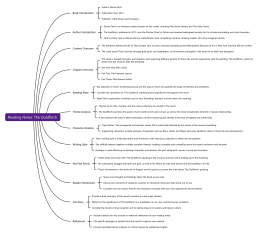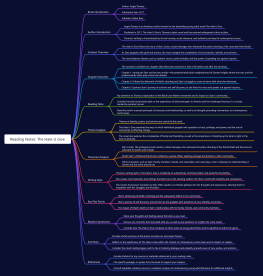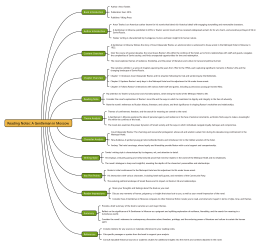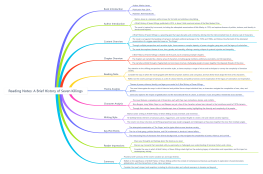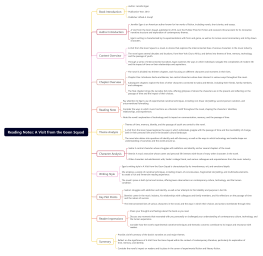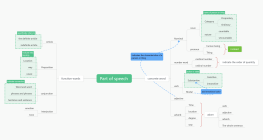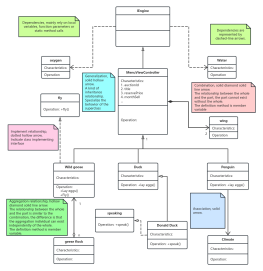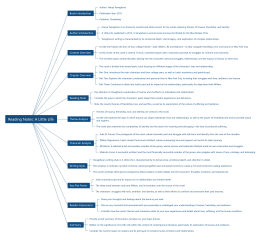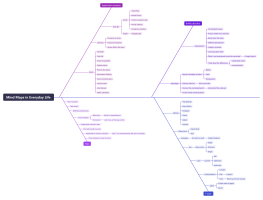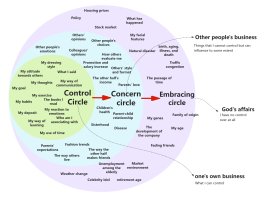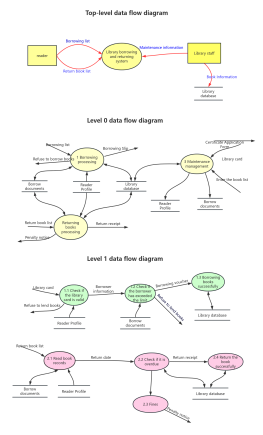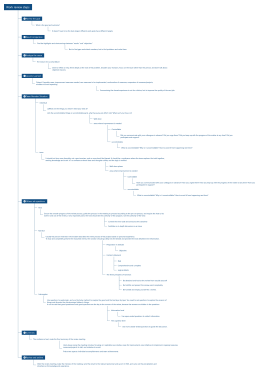The Immortal Life of Henrietta Lacks-Rebecca Skloot: Book Summary
2024-07-19 14:38:44 0 Report
Login to view full content
Other creations by the author
Outline/Content
Book Introduction
Author: Rebecca Skloot
Publication Year: 2010
Publisher: Crown Publishing Group
Author Introduction
Rebecca Skloot is an American science writer known for her investigative journalism and narrative non-fiction.
The Immortal Life of Henrietta Lacks, published in 2010, tells the story of Henrietta Lacks, an African American woman whose cells were taken without her consent and used for scientific research.
Skloot's writing combines meticulous research with compelling storytelling, shedding light on ethical issues in medicine and the enduring legacy of Henrietta Lacks.
Content Overview
The Immortal Life of Henrietta Lacks explores the life of Henrietta Lacks, whose cells—known as HeLa cells—became one of the most important tools in medicine, leading to groundbreaking discoveries in cell biology and medical research.
The book delves into the ethical and legal controversies surrounding the use of Henrietta's cells, as well as the impact on her family, who were largely unaware of her contribution to science.
Chapter Overview
The narrative is divided into parts and chapters, alternating between Henrietta's story, the history of HeLa cells, and Skloot's own investigation into Henrietta's life and legacy.
Part One: Life
Part Two: Death
Part Three: Immortality
Reading Note
Pay attention to the ethical questions raised by Henrietta's story, including issues of informed consent, patient rights, and the commercialization of medical discoveries.
Consider the impact of Henrietta's cells on medical research and the broader implications for patients and their families.
Note Skloot's approach to storytelling, blending scientific explanation with personal narrative to create a compelling and accessible account of complex issues.
Theme Analysis
Themes of ethics, race, and scientific progress are central to the book.
The Immortal Life of Henrietta Lacks explores the intersection of science, medicine, and social justice, highlighting the often overlooked contributions of marginalized individuals to scientific advancement.
It also examines the impact of exploitation and inequality in healthcare, raising important questions about bioethics and human rights.
Character Analysis
Henrietta Lacks: The central figure whose cells revolutionized medical research, yet whose story remained largely untold until Skloot's investigation.
Members of the Lacks family: Include analyses of Henrietta's descendants, who grapple with the legacy of their mother's cells and the complexities of scientific discovery.
Scientists and researchers: Consider the perspectives of the individuals who worked with HeLa cells and the ethical dilemmas they faced in their research.
Writing Style
Skloot's writing style is immersive and empathetic, with a keen eye for detail and a deep respect for her subjects.
She blends scientific exposition with personal storytelling, weaving together multiple narrative threads to create a cohesive and compelling narrative.
The book is meticulously researched, with extensive endnotes and citations providing additional context and background information.
Key Plot Points
Henrietta's diagnosis with cervical cancer and the subsequent extraction of her cells without her knowledge or consent.
The discovery of HeLa cells and their unprecedented proliferation in scientific research, leading to breakthroughs in areas such as cancer research, vaccine development, and genetic mapping.
The efforts of Rebecca Skloot to uncover Henrietta's story and the impact of her research on the Lacks family and the broader scientific community.
Reader Impressions
Share your thoughts and feelings about the book as you read.
Discuss any moments of insight, empathy, or outrage that resonated with you.
Consider how Henrietta's story challenges assumptions about science, ethics, and the value of human life.
Summary
Provide a brief summary of the book's main arguments and conclusions.
Reflect on the significance of The Immortal Life of Henrietta Lacks as a tribute to Henrietta's legacy and a call to action for ethical reform in medical research.
Consider the book's impact on public awareness of issues such as informed consent, patient rights, and the commercialization of biological materials.
References
Include citations for any sources or materials referenced in your reading notes.
Cite specific passages or quotes from the book to support your analysis.
Consult reputable reviews or critiques of the book for additional insights.

0 Comments
Next page
Recommended for you
More
